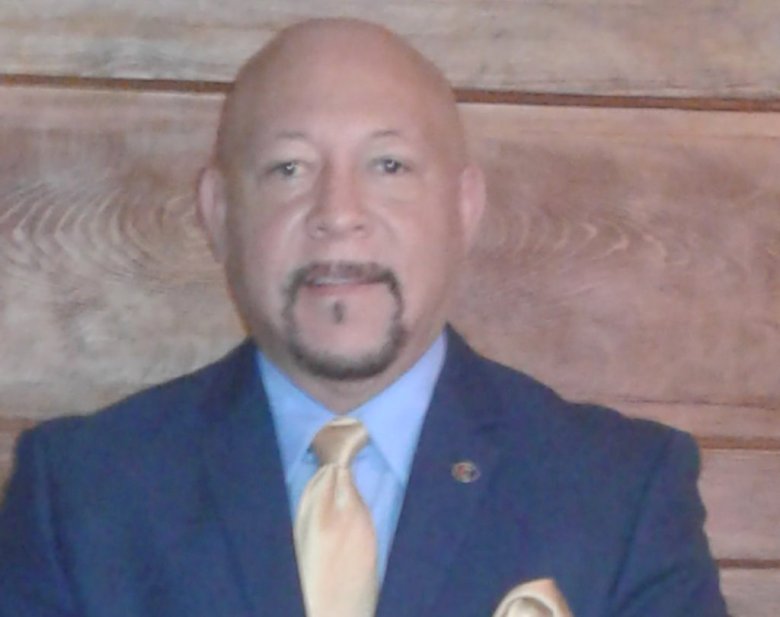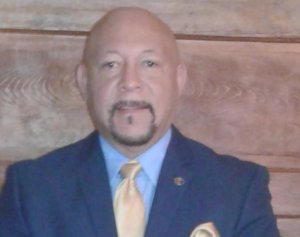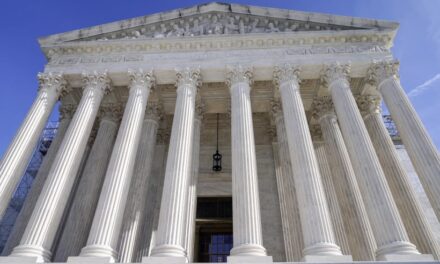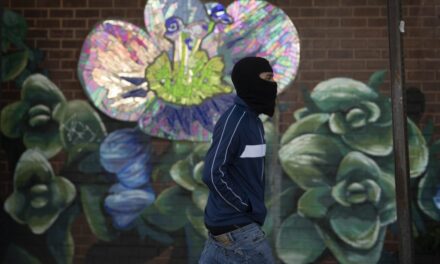

By Rev. Eric P. Lee
“We have fought hard and long for integration, as I believe we should have and I know that we will win. But I’ve come to believe we’re integrating into a burning house.”
The words of Rev. Dr. Martin Luther King Jr. recognized as the spokesperson and leader of the Black Civil Rights Movement for freedom, equality, justice and dignity, revealed the dichotomy between the idealism of King’s vision of an integrated society and the reality of a racially divided America intent on maintaining the status quo of White privilege.
Dr. King embraced integration as the pathway to eliminating the social hostility of White Americans against Black Americans and believed that integration would be the solution to redressing the economic inequality that existed between Black and White Americans.
The social hostility of White against Black Americans manifested itself in violent, oppressive and unjust laws that sustained legal segregation and discrimination, established restrictive voting rights, promoted social inequalities, and emboldened abusive treatment in business and social establishments. King believed that America’s commitment to an integrated society would eventually replace this hostility with the creation of a “beloved community” entrenched in love.
The integrationist idealism of Dr. King was externalized in the nonviolent philosophy inspired by Mohandas K. Gandhi. King’s nonviolent philosophy visualized the achievement of justice and reconciliation by operating in love rather than hate, and that love would transform America into a more just and equitable society. The challenge in this transformation is that it required White America to love justice and acknowledge that the unjust and oppressive laws sustaining white privilege were immoral and needed to change.
The strategy for bringing attention to the unjust and oppressive laws required King’s philosophy of nonviolent direct action through demonstrations, protests, marches, sit-ins, and economic boycotts, which were perceived and criticized by White society as a form of aggression. King responded to this criticism from eight White clergymen in his Letter from the Birmingham Jail, writing that “nonviolent direct action sought to create a crisis and tension” that would raise awareness of the plight of Black Americans and initiate negotiations towards integration and equality.
The criticism by White clergyman caused King to acknowledge that the greatest impediment to equality and freedom for Black America is the White, well-meaning moderate whose concern was for an “absence of tension” more than for the journey toward justice. King’s disappointment is encapsulated in his statement that “we will have to repent in this generation not merely for the vitriolic words and actions of the bad people but for the appalling silence of the good people.”
King’s integrationist philosophy evolved from believing that integration would be the pathway to resolving social and racial hostility and correcting the economic disparities between Black and White Americans, to understanding that “the problems of racial injustice and economic injustice cannot be solved without a radical redistribution of political and economic power.” In the final analysis, integration without economic and political equality is as running into a burning house.
Rev. Eric P. Lee is a Ph.D. candidate at the Morgan State University School of Social Work.
Help us Continue to tell OUR Story and join the AFRO family as a member – subscribers are now members! Join here!
The post Integrating into a burning house appeared first on AFRO American Newspapers .











